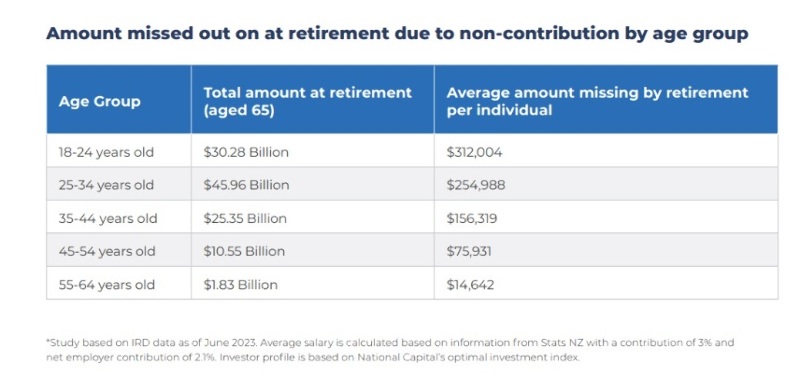Kiwi-owned providers have come out on top of Consumer’s annual KiwiSaver satisfaction survey.
Simplicity has the most satisfied customers, while Australian-owned provider AMP the least, the survey has revealed.
Simplicity, Generate and Milford had the most satisfied customers.
Consumer CEO Jon Duffy, said each of these NZ-owned firms not only achieved Consumers people’s choice status again, but performed above average for investment returns also.
On the other end of the scale, the big four banks BNZ, ANZ, ASB and Westpac rank sixth, ninth, tenth and eleventh place, respectively.
The survey has found a big difference in satisfaction levels when it comes to the management of their KiwiSaver funds, said Duffy.
Ratings were given for eight key measures: overall customer satisfaction, access to account information, how well customers are kept updated about their investment, timeliness of response to inquiries, the fairness of how problems and complaints are dealt with, returns on investment, ethical investments, and fees and charges.
Almost 2000 New Zealanders, aged 18 years and older, were surveyed online in January and February 2024. The overall satisfaction score is the percentage of people who scored their KiwiSaver provider 8, 9 or 10 for satisfaction on a scale of 0 (very dissatisfied) to 10 (very satisfied).
AMP scored a 39% satisfaction rating. Its customers were the least satisfied with how AMP dealt with problems and complaints.
Westpac (BT Funds Management) performed poorly across every customer satisfaction measure. It took second-to-last place, scoring particularly poorly when it came to the way it kept customers updated about their investments.
In tenth place was ASB and ANZ took ninth place. Both performed below average when it came to overall satisfaction and poorly for the fairness of their fees and charges.
Simplicity was a people’s choice winner for the fifth year in a row and ranked first with an overall satisfaction score of 79%, thanks in part to its low fees and ethical investments.
Generate was joint top performer with Simplicity for ease of accessing account information and timely responses to enquiries. It won a people’s choice award for the third year in a row.
Milford Funds picked up people's choice for the seventh year in a row, due in part to its above average performance for its fees and keeping customers updated about their investments.
